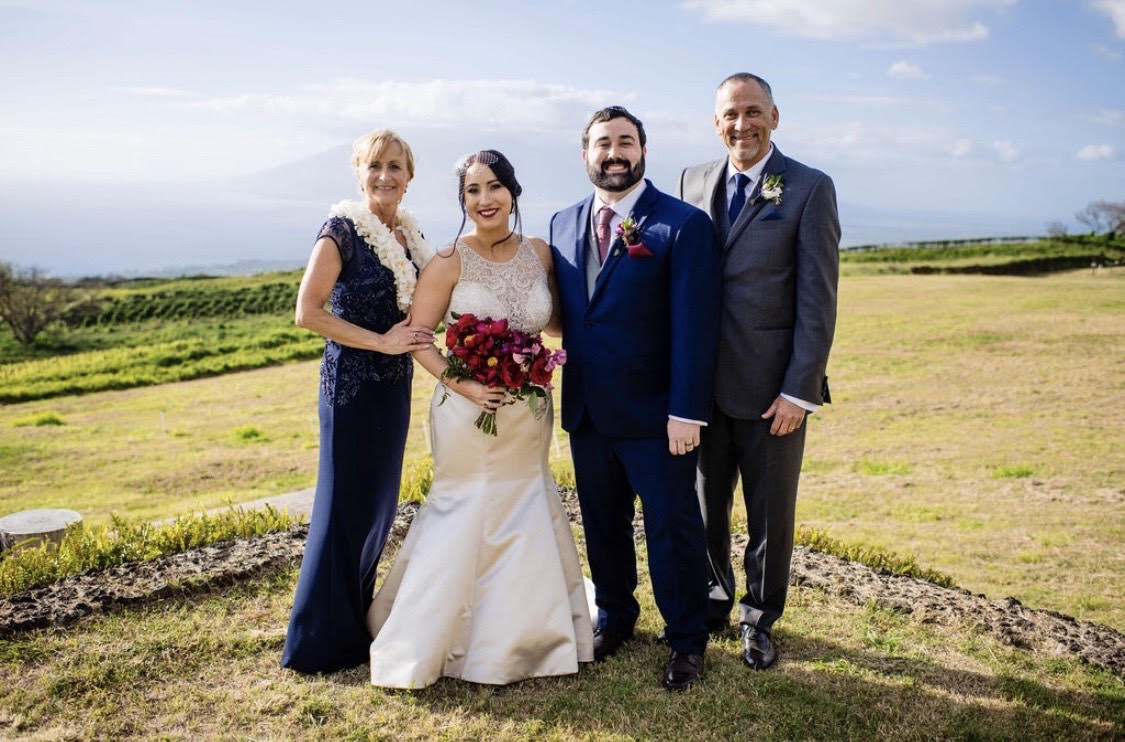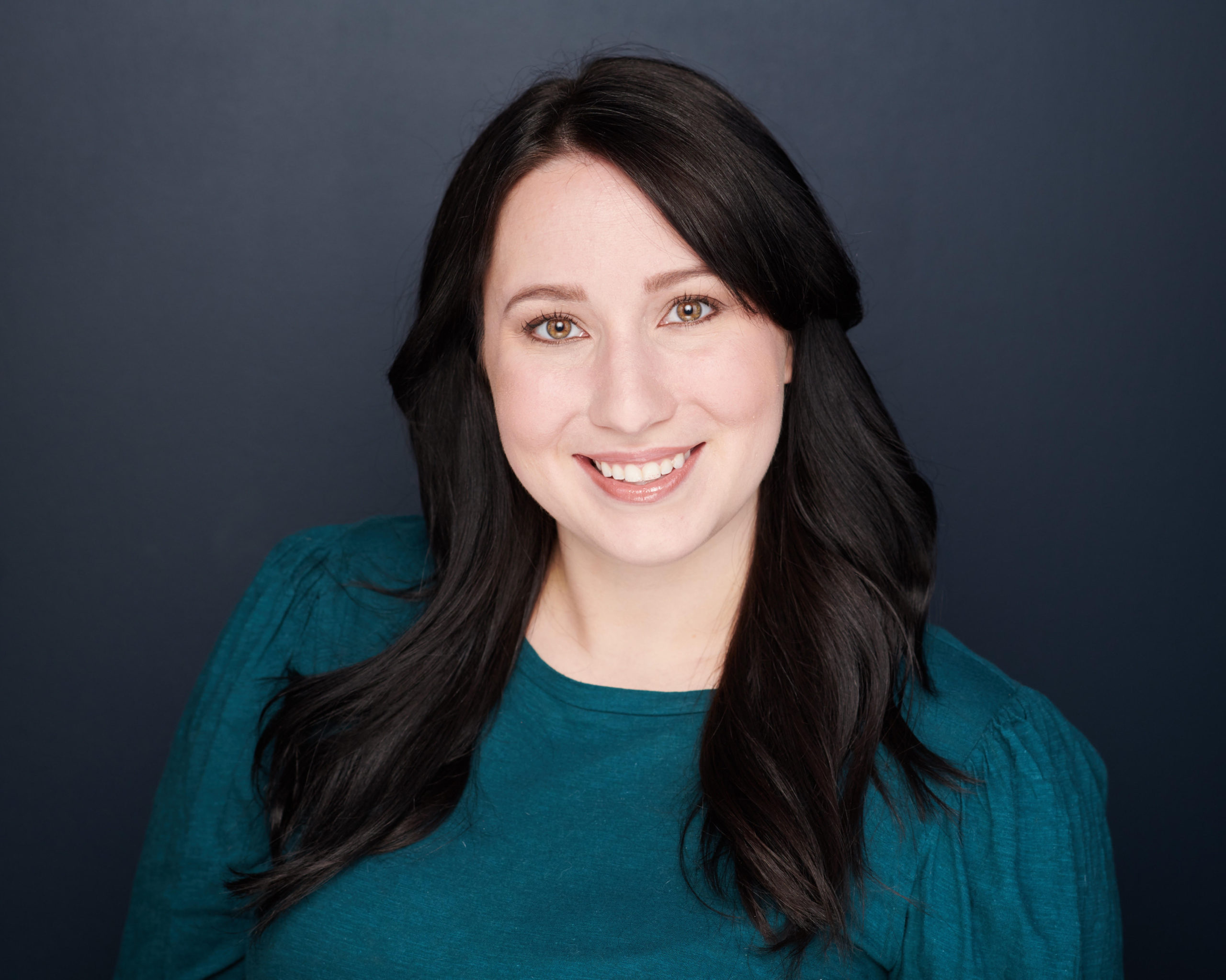Lifestyle modifications called upon

Something that my parents and my medical team encouraged was assertiveness around my needs and I think learning how to discuss needs is really important in childhood. I think that parents can sometimes want to protect a child from pain and naturally want to fix the pain. I mean, who wouldn’t? It is terrible to see a child in pain, but I didn’t want my parents personally to make decisions for me around my health.
My parents and my doctor allowed me to have agency around some of my choices by helping me weigh the pros and cons of medications as well as decisions around when I needed to rest etc.
My parents had to learn to trust that I’d tell them when I was doing too much if I needed a rest day, or what I could personally handle. I think that it is helpful to know that this will be hard, especially for parents, but I think it is important for kids to feel that they have some agency over what is happening to their bodies. This also creates body trust. If you feel like a doctor isn’t listening to your kid, don’t go to them. Even kids want to be heard.
I had to learn at a young age how to discuss my arthritis with teachers, and kids, and learn how to cope with having to cancel activities, etc. Sometimes kids have to learn how to modify. For instance, although I wanted to be treated as a “normal kid” there was a time when I would need to make hard decisions- like quitting swimming or going to school late. When I was younger my parents may have decided how to dose my activities for me, such as when to take breaks or to sit and rest, but as I aged they would ask me and eventually now they trust I will tell them what I need.
I also used to get sick a lot due to being immune-compromised. It is really important to talk to the school about possible modifications needed, but also have the child be a part of those conversations.
Exercises and diet challenges-
As my arthritis changed I did have to modify what exercise I would choose. I would focus more on activities that feel good, for instance, I would swim until I couldn’t, but then I engaged in a lot of theatre as my physical activity.
I think looking at movement or learning to be pleased with what the body can do, can be helpful versus focusing on what the body can’t do.
I personally never had diet challenges and still don’t, adds in Carissa.
Role of Family in Helping the Child-

Families should be teachers of advocating. I would also say one should learn to make space for your child’s emotions. You may want to fix them but make space for them. Having an illness is a continuous grieving process. Your child might sometimes feel like just another kid in the pact, and other times they might feel sick from medications, miss out on parties, or have to give up an important activity due to pain. It is okay to let them grieve, be sad, be angry, etc.
Make space for these emotions not only for the kid but also for yourself. Find support groups, find parent groups, use social media, and reach out to a therapist, this is really hard! Learning to make space for my emotions and how I felt about my illness was important to my pain management.
It is important to ask the child how they are feeling. My parents really were great about giving me time to process, cry, and just feel my emotions. It is also natural for a child to feel shameful around this, but find ways to help them understand that it is okay to ask for their needs- i.e. talking with other kids with this same illness and learning from one another how to navigate this.
The WF team is grateful to Carissa for sharing her inspiring journey.

Bio: Carissa currently lives in the Washington, DC area and works as a psychotherapist in private practice. She helps others that live with chronic pain, chronic illness, trauma, eating disorders, and mood disorders. She is passionate about advocating for disability rights. She lives with her husband, Dylan, her dog, Copper, and her Cat, Remy. She is an avid reader, theater lover, and Harry Potter fanatic. For further input visit: www.carissahannumtherapy.com
Disclaimer
The Content is not intended to be a substitute for professional medical advice, diagnosis, or treatment. Always seek the advice of your physician or other qualified health provider with any questions you may have regarding a medical condition.